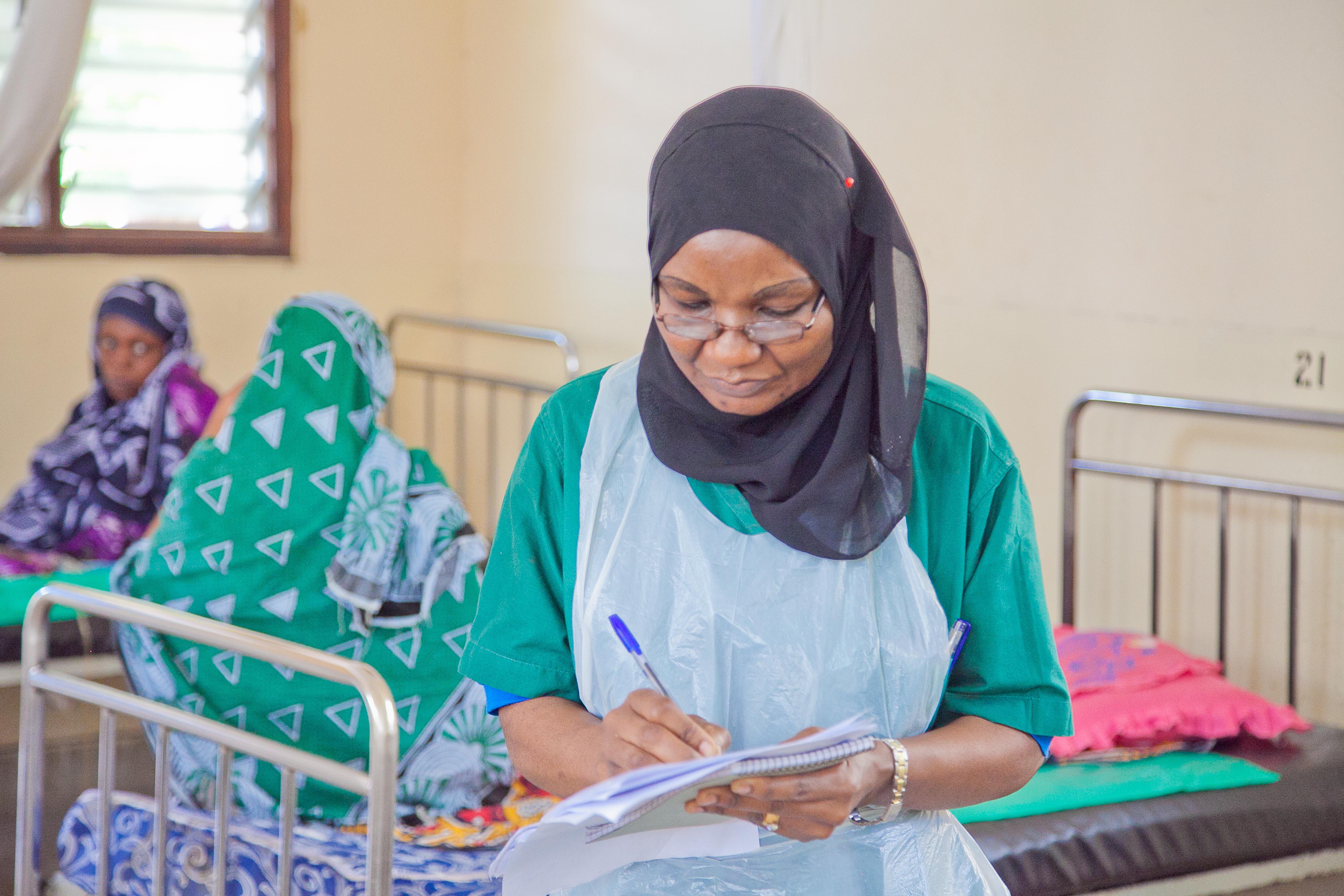WASH in Maternity Units

Credit: WaterAid Tanzania
About
The fourth in a series of five SHARE-funded studies, this collaborative bi-country operational research first sought to develop a suite of tools with which to perform a ‘situation analysis’ and a ‘needs assessment’ of the state of maternity units’ WASH and infection prevention and control (IPC) practices in Gujarat, India (the ‘WASH & CLEAN study’) and then to adapt these tools to perform an in-depth needs assessment exploring WASH and IPC conditions in maternity units in Zanzibar .
Both studies found WASH conditions to be sub-optimal. The India study, co-funded by the Water Supply and Sanitation Collaborative Council, provided greater depth on coverage, status and use than existing data sources (Afsana et al., 2014). Meanwhile, the Zanzibar study found that: poor functioning of water systems was an issue in almost half the facilities surveyed; one third of facilities reported having no functional hand-washing stations in their maternity areas; delivery beds were found to be contaminated with multiple organisms; and overcrowding was reported to be an issue, with 62% of facilities reporting women having to share a maternity bed at least once a day.
To provide a cross-cultural comparison and through leveraged funding from the Soapbox Collaborative, the WASH & CLEAN study extended to Bangladesh.
